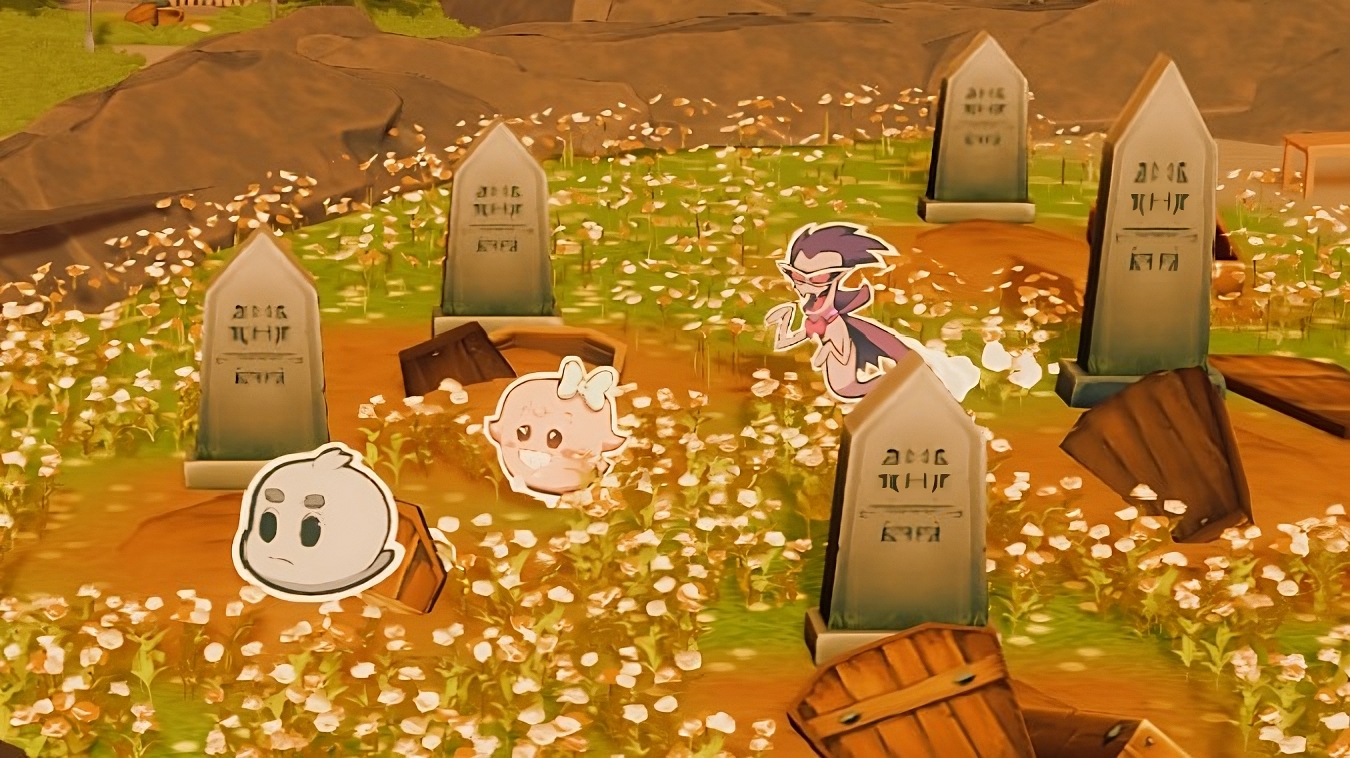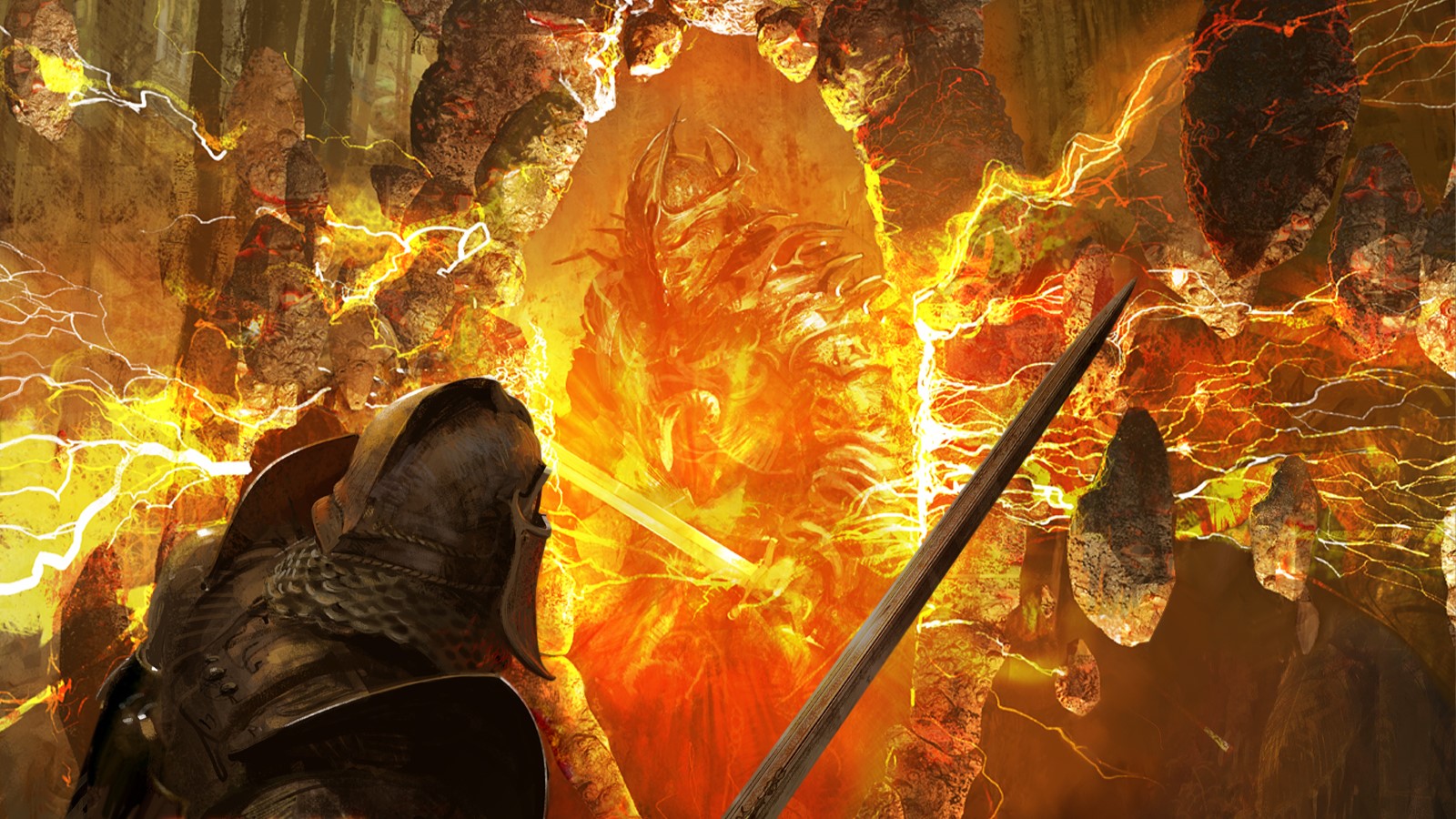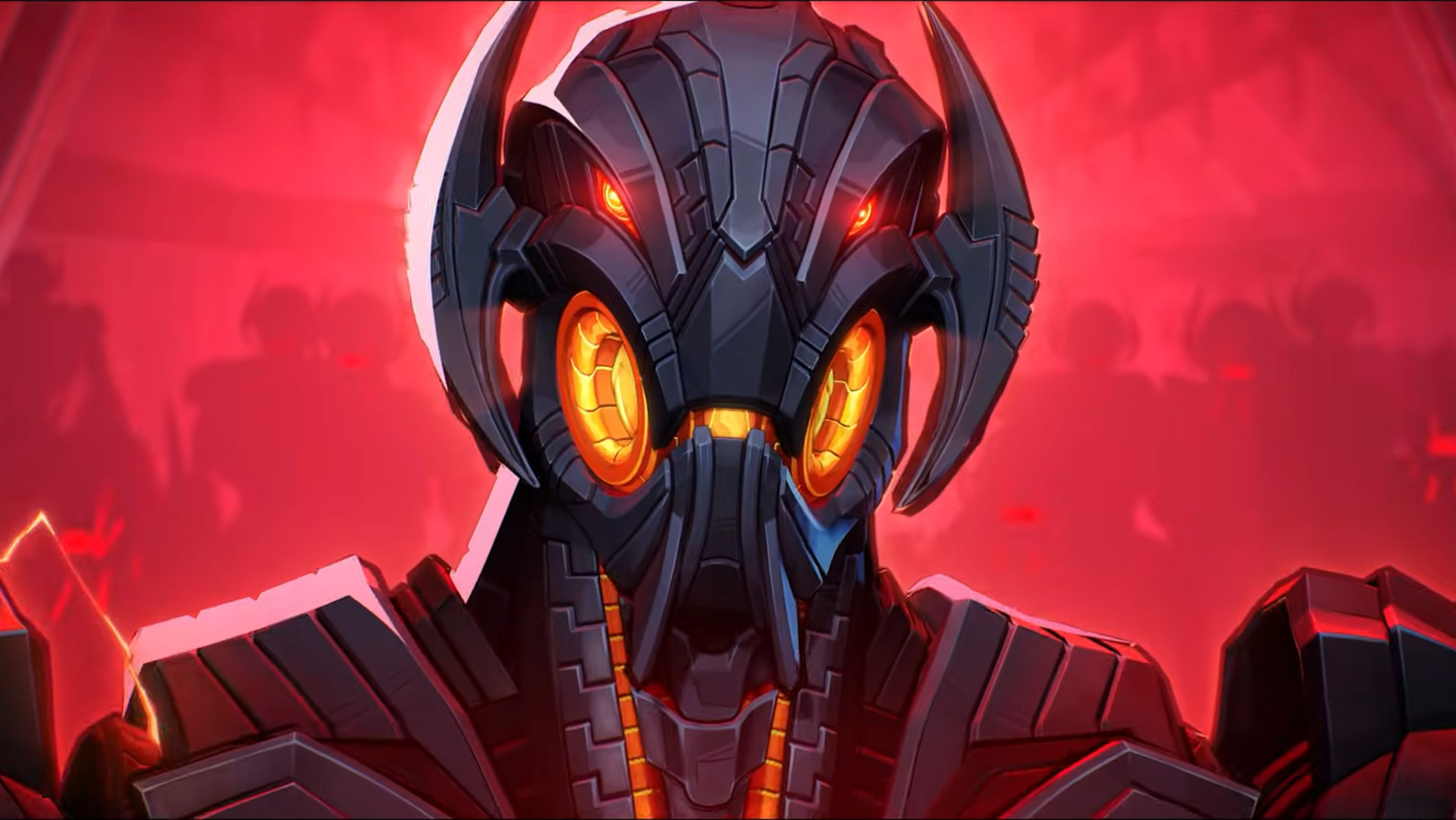
The Outbound Ghost is now completely gone from Steam.
In December, Conrad Grindheim of Conradical Games defaced the Steam page for his latest release, The Outbound Ghost, and asked people not to buy it on other platforms. The unusual move came as a result of a dispute between the studio and publisher Digerati. Conradical accused Digerati of mishandling the console ports of the game and putting the Steam version on sale without approval, and demanded that it relinquish the rights to the game; Digerati filed a lawsuit against Conradical, accusing it of attempting to violate its contract.
The Steam page was restored in relatively short order, but now it’s gone again, this time due to a DMCA takedown request filed by Conradical. In a new video, Grindheim said he took the step after efforts to resolve the dispute amicably failed.
Grindheim reiterated his complaints about The Outbound Ghost’s console ports in the video, and defended his past criticism of Digerati. “The publisher misled us to believe that the version that was going to release was in accordance with the agreed quality standards,” Grindheim said. “We trusted them, being our publisher, but we never should have.
“If we had not warned players about the state of the console versions, my reputation in this industry would have been ruined forever by no fault of my own.”
Grindheim also accused Digerati of not paying “a single dollar in royalties,” even though he said the publisher has acknowledged owing the studio a specific amount, and claimed that it has been under-reporting revenues earned by The Outbound Ghost through a practice known as “sub-licensing,” typically used when a publisher wants to release a physical edition of a game or put it out in tightly regulated regions like China, where external partners are often necessary. Grindheim said he was familiar with the practice, but said he did not know that publishers often get up-front payments for signing such deals, which was apparently what happened with The Outbound Ghost.
“In short, the publisher sub-licensed the game out to third parties without disclosing to us that it had received upfront payments,” he said. “There is money that it received without our knowledge, before the whole porting stuff happened, and we are entitled to our share of it.”
Conradical has not yet been formally served with Digerati’s lawsuit, Grindheim said, and he currently doesn’t plan to counter-sue, in part because doing so would be “prohibitively expensive and time consuming.”
“Because of this, we have decided that issuing DMCA takedown requests to the platform holders is the best course of action,” Grindheim said in the video. “We’re essentially showing platform holders that we own the copyright to the game, and that the publisher does not have the right to distribute the game. They are committing copyright infringement by keeping the page up.”
The door remains open to further action if it becomes necessary, however. “Legal action doesn’t necessarily mean suing them. Issuing a DMCA is a legal action,” Grimdheim told PC Gamer on Discord. “We of course are considering all possible routes, and would prefer to solve this amicably.”
For now, Conradical is beginning work on a new game called Soul Stalker—”I need to make a living, especially since the publisher is not paying my company,” Grindheim said in the video—which will be funded through Kickstarter and self-published. As for what comes next if the dispute over The Outbound Ghost continues, Grindheim told PC Gamer, “We are currently talking to storefronts/platform holders and evaluating what our future actions are going to be.”
The Outbound Ghost has also been removed from GOG, although it remains available on the Epic Games Store for now. Grindheim said he has not had any contact with Digerati about the takedowns since he posted his video. I’ve reached out to the publisher for comment and will update if I receive a reply.






